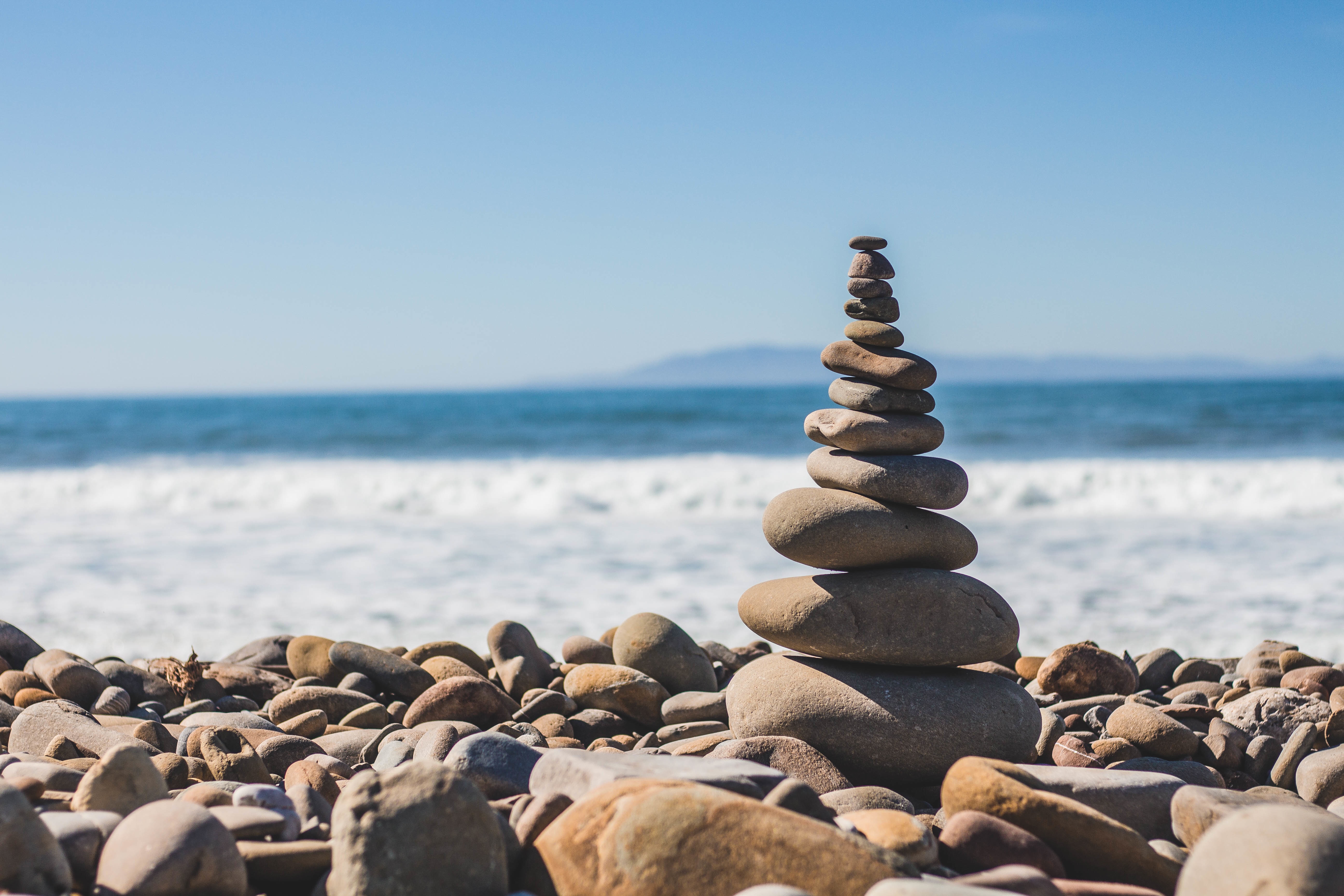Welcome to our special section, Thrive on Campus, devoted to covering the urgent issue of mental health among college and university students from all angles. If you are a college student, we invite you to apply to be an Editor-at-Large, or to simply contribute (please tag your pieces ThriveOnCampus). We welcome faculty, clinicians, and graduates to contribute as well. Read more here.
What’s your favourite coping skill? Video games? Jogging? Taking a nap? Each of us have our own repertoire of coping skills which we use to help us cope better with difficult situations, whether it’s extreme boredom, an urge to self-harm, or anxiety before a class presentation. Although the seriousness of the situations and their impact may vary individually, experience tells me that there’s a surprising overlap in what we find helpful.
In my volunteer role as a Crisis Counselor with Crisis Text Line, “99 Coping Skills” is one of my go-to referral resources to share with texters. Think that’s a whole lot of coping skills? Not quite, because most of our toolboxes are filled with a variety of coping skills, and even our favourite coping skill rarely works in all situations. I recently pulled up this list to see how many of the 99 coping skills I had used myself or am still using — and the results surprised me. So I’d like to share the list with you (with added commentaries from yours truly). Here are the first four:
1. Exercise
Exercise seems to be one of the most common and popular activities to be enjoyed across the board and, as with many coping skills on this list, is often considered a “hobby” or a “passion.” In fact, I feel there’s often not a clear line between a “coping skill” and a hobby/pastime, nor is the distinction necessary. I believe an effective coping skill is whichever activity that restores our mental health and well-being and helps us keep healthy and safe. Exercise has been known to be one of the most effective self-help strategies for mental health conditions such as anxiety and depression, and its positive health effects appear to be related, among others, to decreased blood levels of inflammation markers as a result of physical activity. Besides, regular physical activity has been proven to be effective in countering the ill health effects associated with overweight and obesity.
Exercise certainly has been one of my more enduring coping skills, and its role in the daily life of this busy PA student is as big as ever. I remember during the finals week last semester, I was in the campus library studying for the next morning’s exam when I felt like I’d hit a wall and just couldn’t study anymore. So I reached out to one of my classmates. Long story short, she picked me up from campus and we went for a walk on a nearby greenway, and that brief time out was all I needed to recharge my battery, so to speak. There’s something to be said about a simple walk in the park or around the neighbourhood that makes us feel refreshed and invigorated. What’s your favourite workout? Yoga? Frisbee? Running?
2. Put on a fake tattoo
When was the last time you put on a fake tattoo? I honestly can’t remember, but I’m certain it was a long time ago. I do remember that I enjoyed it and also that I tried on a few different ones on different parts of my body, usually on arms or face. That’s what made fake tattoos so fun for me — I’ve never felt comfortable getting a real one (and likely never will), so it was a perfect way for me to see how one would look on me without the consequence of getting a real one.
3. Write
Wait, that’s what I’m doing right now! Writing seems to be another popular coping skill, and yes, I believe we’re talking about the kind of writing where you put your experiences, thoughts, and emotions into words, such as in journaling and story writing. It could also be poetry or anything you like, including how frustrated, sad, angry, and disappointed you’re feeling. You might also be writing as part of “homework: for your counseling therapy if you were experiencing a mental health challenge, such as an eating disorder or anxiety disorder. Or perhaps you like writing as a creative avenue and hope someday to be able to publish your work. As for me, I’ve always enjoyed writing of all types — letters, poems, speeches, essays, diary, and more letters, and a whole heap of them — and think I always will.
4. Scribble/doodle on paper
Hmmm didn’t I doodle during a lecture this morning? Or while I was listening to that podcast last night about sexually transmitted infections? Maybe it was both… some of us scribble or doodle because we’re bored, and some of us do it because we’re nervous. And still some of us, like me, scribble because it helps us focus better somehow. Now I’m thinking back to all the times I was collecting paperwork at the end of my Mental Health First Aid training sessions and found every centimetre of the backside had been used as a canvas. And they’re usually quite colourful and elaborate, by the way. I do, however, sincerely hope that they were paying attention and enjoying the training.
Reference:
99 Coping Skills. (n.d.). Retrieved from http://www.yourlifeyourvoice.org/Pages/tip-99-coping-skills.aspx
Subscribe here for all the latest news on how you can keep Thriving.
More on Mental Health on Campus:
What Campus Mental Health Centers Are Doing to Keep Up With Student Need
If You’re a Student Who’s Struggling With Mental Health, These 7 Tips Will Help
The Hidden Stress of RAs in the Student Mental Health Crisis


